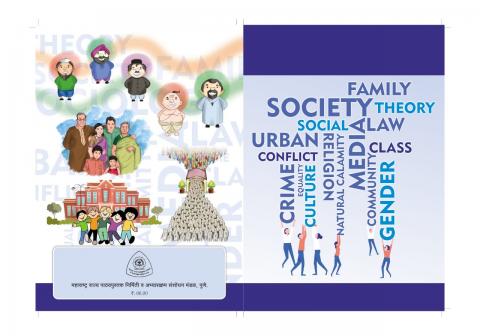Advertisement
Indian teens learn about same-sex couples as attitudes shift
NEW DELHI (Thomson Reuters Foundation) - Indian schoolchildren are learning about same-sex couples in a new textbook, in the latest sign of shifting attitudes in the socially conservative country following the decriminalisation of gay sex last year.
Authorities in the western state of Maharashtra have revised the syllabus for class 11 students, who are aged about 16, to include same-sex relationships and marriage.
The publisher of the revised sociology textbook said it may be the first to talk about same-sex couples after India's top court decriminalised gay sex - commonly known as Section 377 - last September.
"We just wanted to say that this is the reality out there and students should know," the head of the state's class 11 curriculum committee Vaishali Diwakar told the Thomson Reuters Foundation.
"They shouldn't be living in some mythical world where they think such (relationships) are fictional or something."
The book breaks away from conventional Indian teachings about family types - traditionally either nuclear or joint - to include single-parent families, unmarried cohabiting couples and step parents.
It details the Supreme Court ruling that consensual adult gay sex is not a crime, and also includes a description of same-sex marriage - even though this remains illegal in India.
"Section 377 is something we wanted to highlight ... to also normalise (homosexuality), to remove the stigma and try to look at it as a normal form of relationship," said Vaishali Joshi, the sociology professor who wrote the new chapter.
She said it would have been impossible to do so without the court ruling.
Britain and some U.S. states already teach LGBT+ topics in schools.
LGBT+ activists praised the move, but called on India to go further and legalise same-sex marriage and adoption.
"Civil rights for LGBTQI+ people is still a pipe dream, but still I would say this is a welcome move," said Ram, who goes by one name and works with a campaign group pushing to make India's education policy more inclusive.
LGBT+ students often drop out of school because of bullying, often instigated by adults who target any child who does not look typically male or female, the United Nations found in a survey earlier this year.
(Reporting by Annie Banerji @anniebanerji, Editing by Katy Migiro and Claire Cozens)



















Add new comment